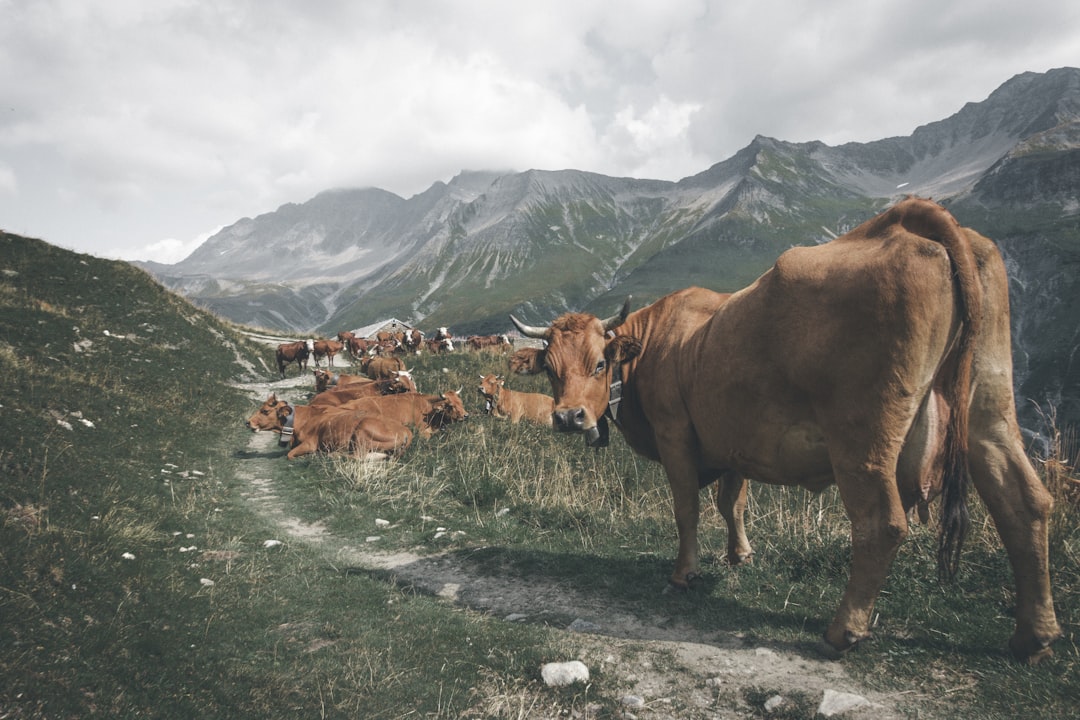Organic dairy farming represents a sustainable approach to milk production, emphasizing animal welfare, environmental stewardship, and consumer health. This method aligns with broader sustainability goals by reducing reliance on synthetic inputs and promoting regenerative agriculture practices. Here’s a comprehensive overview of the principles, practices, and benefits of organic dairy farming, including certification standards and the advantages it offers.
Principles of Organic Dairy Farming
Organic dairy farming is guided by several key principles that distinguish it from conventional methods:
-
Animal Welfare
-
Access to Pasture: Organic cows must have access to the outdoors and pasture during the grazing season, ensuring they can engage in natural behaviors like grazing and social interaction.
-
Organic Feed: Cows are fed 100% organic feed, free from genetically modified organisms (GMOs) and synthetic additives.
-
-
Environmental Stewardship
-
Soil Health: Organic farming practices like composting and crop rotation enhance soil fertility and structure, reducing erosion and promoting biodiversity.
-
Water Conservation: Organic dairy farms often implement water-saving measures such as rainwater harvesting to minimize environmental impact.
-
-
Consumer Safety
-
No Synthetic Chemicals: Organic dairy products are free from synthetic hormones, antibiotics, and pesticides, providing consumers with healthier options.
-
Certification Standards
To ensure compliance with organic principles, dairy farms must adhere to strict certification standards:
-
USDA Organic Certification
-
Farms must be certified by USDA-accredited agencies to label their products as organic.
-
Animals must be raised under organic standards from at least the last third of gestation.
-
-
Feed and Pasture Requirements
-
Cows must be fed 100% organic feed and have access to organic pastures during the grazing season.
-
Pasture plans are required to ensure adequate grazing time, typically not less than 120 days.
-
-
Healthcare Practices
-
Preventative healthcare measures are emphasized, and antibiotics can only be used in emergency situations, after which the animal cannot be labeled as organic.
-
Benefits of Organic Dairy Farming
Organic dairy farming offers several benefits for farmers, consumers, and the environment:
-
Environmental Benefits
-
Reduced Chemical Use: Organic farming minimizes the use of synthetic fertilizers and pesticides, protecting soil health and water quality.
-
Carbon Footprint Reduction: Organic practices often result in lower greenhouse gas emissions compared to conventional methods.
-
-
Animal Welfare
-
Organic farms prioritize animal health and natural behaviors, leading to lower stress levels and improved well-being.
-
-
Economic Benefits
-
Organic dairy products command premium prices, providing economic incentives for farmers transitioning to organic practices.
-
Job creation and increased economic output are also associated with organic dairy farming.
-
Conclusion
Organic dairy farming is a sustainable and responsible approach to milk production, emphasizing animal welfare, environmental health, and consumer safety. By adhering to rigorous certification standards and adopting holistic practices, organic dairy farmers contribute to a healthier food system and support long-term environmental sustainability.
Additional Resources
For more detailed information on organic dairy farming practices and certification standards, consider the following resources:
-
USDA Organic Certification Guidelines: Consult the USDA National Organic Program for comprehensive guidelines on organic dairy certification.
-
Organic Dairy Farming Guides: Explore guides from organizations like Organic Valley for insights into sustainable dairy practices.
-
Environmental Impact Reports: Review studies highlighting the environmental benefits of organic dairy farming compared to conventional methods.
Citations:
- https://thefarminginsider.com/organic-dairy-farming-practices/
- https://extension.umd.edu/resource/organic-dairy-production-standards-educating-consumer
- https://www.organicvalley.coop/blog/real-organic-dairy/
- https://tracextech.com/4-benefits-of-organic-dairy-farming/
- https://eorganic.org/pages/18336/organic-dairy-certification:-why-how-and-what
- https://www.thecattlesite.com/articles/3417/cream-of-the-crop-the-economic-benefits-of-organic-dairy-farms
- https://eorganic.org/pages/18325/introduction-to-organic-dairy-farming
- https://www.nofavt.org/sites/default/files/files/resources/vof_guidelines_for_dairy_and_livestock.pdf
- https://www2.organic-center.org/sites/default/files/organiccenter_dairyreport_final.pdf

Comments
No comments yet. Be the first to comment!
You must be logged in to comment. Login